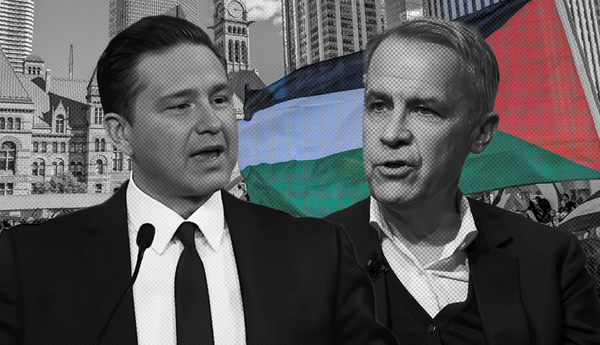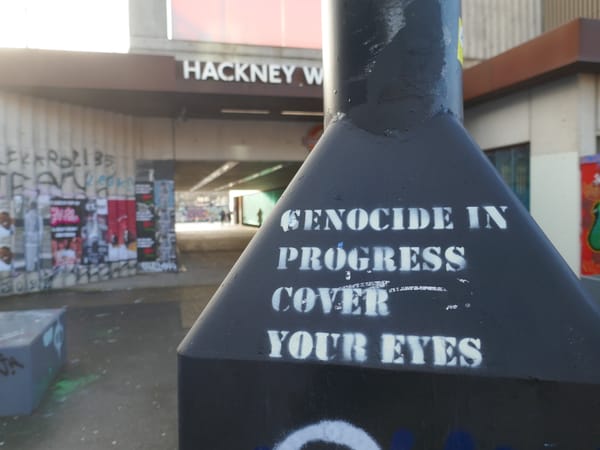In July, the Providence Crosstown Clinic in Vancouver launched a new program for people who use heroin.
Crosstown has been operating a very limited safe supply program since at least 2009, providing patients who rely on opioids with free prescription heroin. Most of the approximately 90 patients who access their medication from Crosstown have to come in two or three times daily to inject this safe supply on the premises. This means patients are functionally tied to the clinic for hours a day, especially if they live far away.
The new program allowed 11 people who met certain requirements — such as having stable housing or employment — to come in for their first dose, and take the rest to consume at home. Take-home doses, known as carries, gave patients more freedom and fewer disruptions, allowing them to work regular hours, spend time with family or run errands.
While the program was small, it was also the first of its kind in North America. It received positive coverage in the Globe and Mail, Global News and CBC News, and in September, the clinic’s lead physician Scott MacDonald told the CBC that they were hoping to expand. He noted, “We need a safe, regulated supply that separates people from the poisoned street supply and expansion of diacetylmorphine [medical-grade heroin] is one thing that needs to happen.”
Last week, the program stopped without warning. Patients have been left in the dark about what’s happened and why.
“I was nearly in tears,” patient Coral Watson told the CBC. “We deserve to know why this is happening cause it directly affects our lives.” Another patient, Lisa James, said the take-home program allowed her to spend more time with her ill daughter: “With carries, I was home by 1 p.m. and could stay with her for the rest of the day […] Now, I’m sitting outside in the cold for three hours between doses before I commute back.”
Sheila Malcolmson, the provincial minister of mental health and addictions, lays blame with the College of Pharmacists of British Columbia, though it denies responsibility.
The discontinuation of a successful safe supply program is devastating, but it’s not an isolated event. It exists within two contexts: B.C.’s management of the drug toxicity emergency and a distrust of novel progressive attempts at solving complex problems.
Much has been written about the first point. October 4 marked 2,000 days since B.C. officially declared the drug toxicity crisis a public health emergency, and yet July had the second-most deaths in a month on record and this is set to become the deadliest year ever.
In February, the province decided to push for decriminalization, petitioning Ottawa to allow a provincial exemption to federal drug laws. Otherwise, they’ve done little to improve safe supply in the interim. The poisoned drug supply is constantly changing, and the province’s staid strategy isn’t keeping up.
Beyond that though, we can look at this thwarted baby step in safe supply as part of a larger pattern. Sometimes, programs in Canada work — and they get closed down anyway.
In Alberta, the United Conservative government has been waging a slow war on supervised consumption sites in the name of conservative values, closing them down in Lethbridge, Edmonton and Calgary, despite evidence they save lives.
A similar thing happened in Ontario in July 2018, when Premier Doug Ford closed down the Universal Basic Income pilot. The program, announced by Liberal Premier Kathleen Wynne in 2017, was set to run for three years, and had around 4,000 participants enrolled — but the Conservatives said it was “not sustainable.”
Despite the program’s short period of existence, a report from McMaster University, the Hamilton Roundtable for Poverty Reduction and the Hamilton Community Foundation concluded it had significant positive effects, with nearly 80 per cent reporting better health and more than 80 per cent saying their mental health had improved.
Although the Crosstown take-home heroin program was probably shut down by the College of Pharmacists rather than the province — and Malcolmson said she is working to “resolve” the stoppage — it shows the barriers in place that prevent progressive ideas from getting taken up by government. The problem isn’t just getting these big ideas funded once, but continually. Projects need to be future-proofed, or else they could be wiped out with the stroke of a pen.
The end of this program, however, doesn’t mean people will stop working to help others.
Before any governments were seriously involved in harm reduction strategies, activists in Vancouver’s Downtown Eastside were giving out clean syringes and organizing needle exchanges. Insite, North America’s first supervised consumption site, opened in Vancouver in 2003 — but unsanctioned injection sites operated at least as early as 1995. More recently, groups like the Vancouver Area Network of Drug Users and the Drug User Liberation Front are modelling what the system could look like by distributing free, tested, labelled drugs.
Mutual aid funds fill the gaps left by healthcare and social security systems. But crowdfunding and community solidarity isn’t a sustainable way to access healthcare, make rent or pay bills. Getting pilot projects approved is not enough: we need to make these projects permanent.
Things we take for granted like a minimum wage or government-funded healthcare stemmed from progressive ideas, which gained popular support to the point where trying to undo them would provoke widespread public outcry. We need to provide that same level of support for every project focused on solving complex issues that’s a step in the right direction.







